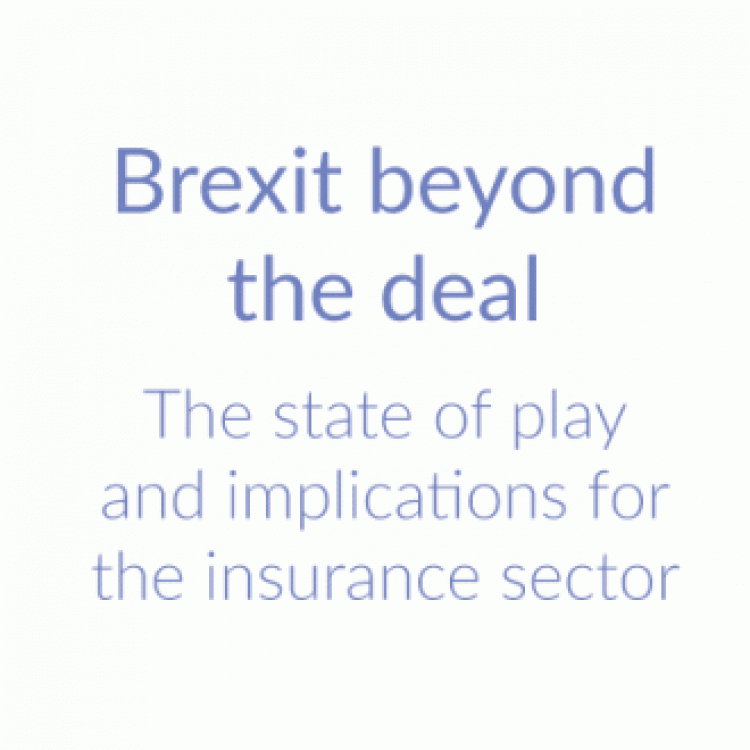Brexit beyond the deal - Insights paper

Insights report from Airmic partnered with AIG looks into what lies beyond Brexit for the UK insurance market.
Airmic teamed up with AIG for a roundtable in January to discuss the road ahead for the UK after the signing of the EU-UK Trade and Cooperation Agreement – to give the deal, as was reached between the two sides on 24 December 2020, its official name.
The latest Insights paper published by Airmic outlines the key observations from that discussion, most notably that the deal does not represent the end of negotiations, but something more akin to the end of the beginning.
Talks will continue, the Insights paper points out, but negotiations are expected to be tough and highly legalistic, while a number of other political and economic challenges remain for the UK.
“The deal between the UK and the EU in December no doubt came as a huge relief to businesses. But financial services and the insurance sector were left out of the deal, so negotiations continue on that,” says Hoe-Yeong Loke, research manager at Airmic.
“This Insights paper lays out what we should look out for in the Memorandum of Understanding between the two sides on regulatory co-operation on financial services, slated for March, and in the ongoing policy dialogue on a range of issues that matter for Airmic’s members and partners,” Loke adds.
Temporary regime
The deal in December does not cover financial services, with the previous passporting regime – through which UK-based insurance firms gained single market access – replaced by a temporary permissions regime (TPR).
This allows firms previously using a passport to establish and operate third country branches for a limited period of three years from the end of the Brexit transition period.
The EU has granted temporary equivalence to UK clearing houses and for the settlement of Irish securities, but has yet to grant equivalence to the remaining areas in financial services such as the insurance sector.
Nor does the deal provide for the automatic mutual recognition of professional qualifications between the UK and the EU, although it does lay out a framework for professional bodies to move towards this end.
The focus of UK-EU talks has shifted towards agreeing a Memorandum of Understanding (MoU) establishing a framework for regulatory cooperation on financial services, which both sides aim to reach this month.
Equivalent but different
The message from the UK government is that Brexit offers the chance to “do things differently”.
In terms of regulation of the insurance sector, practical divergences between the UK and EU are set to emerge. That is because the insurance industry is essentially a localised market. UK-domiciled insurers are not generally focused on selling into Europe, so the issue of equivalences may not matter to some of them.
“The main question, therefore, is: what will the regulatory framework for insurance look like, going forward? In particular, which aspects of the EU’s Solvency II regime would the UK discard?,” the Insights paper noted.
“International insurers operating in the London Market tend to focus on retaining alignment with the EU to secure equivalence and help protect the UK’s position as a global insurance hub. Domestically focused insurers are more likely to focus on divergence from Solvency II, for example in relation to the risk margin and the matching adjustment,” the report added.
For a full copy of the Insights paper, available to all Airmic members, click here.
